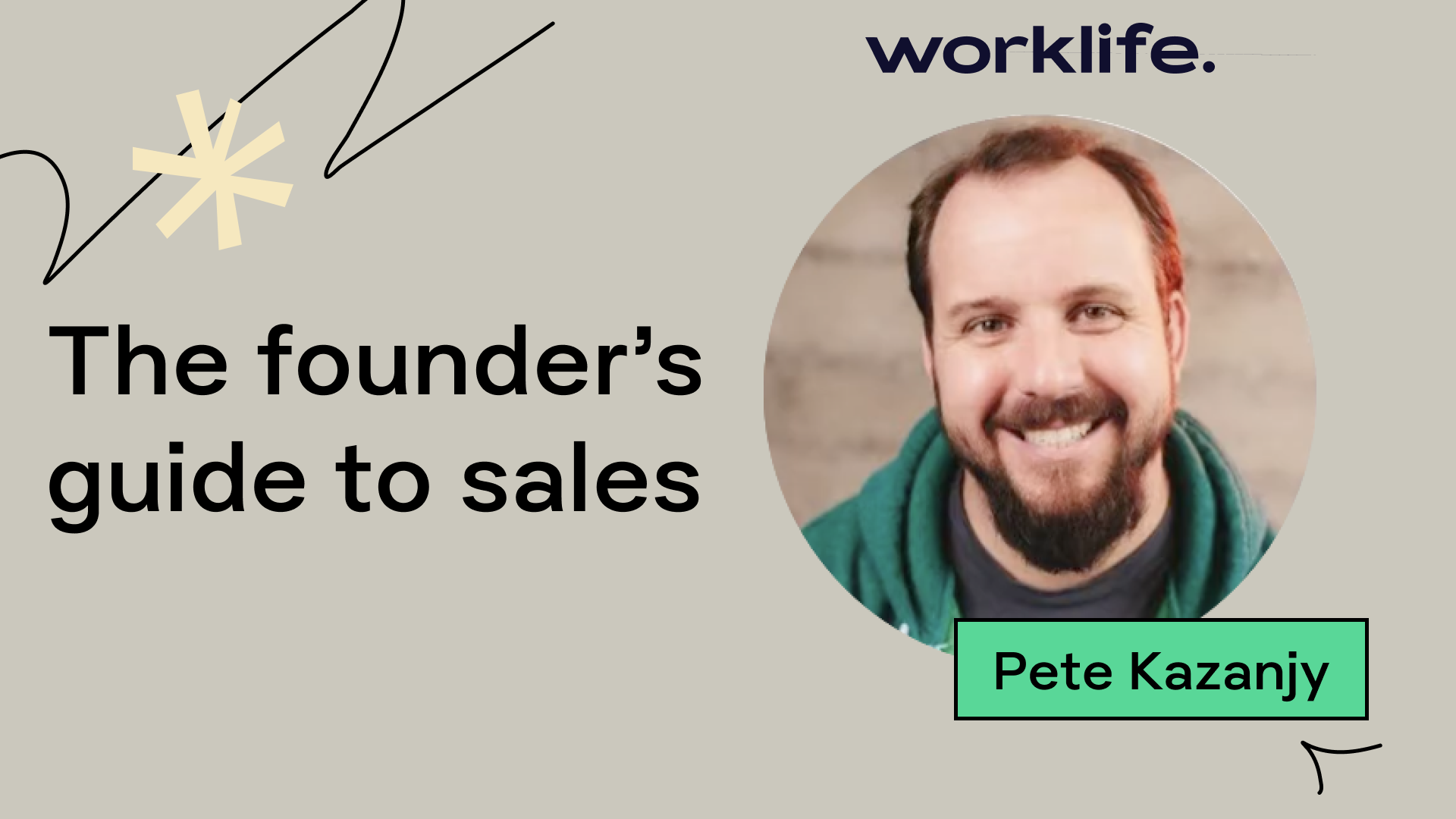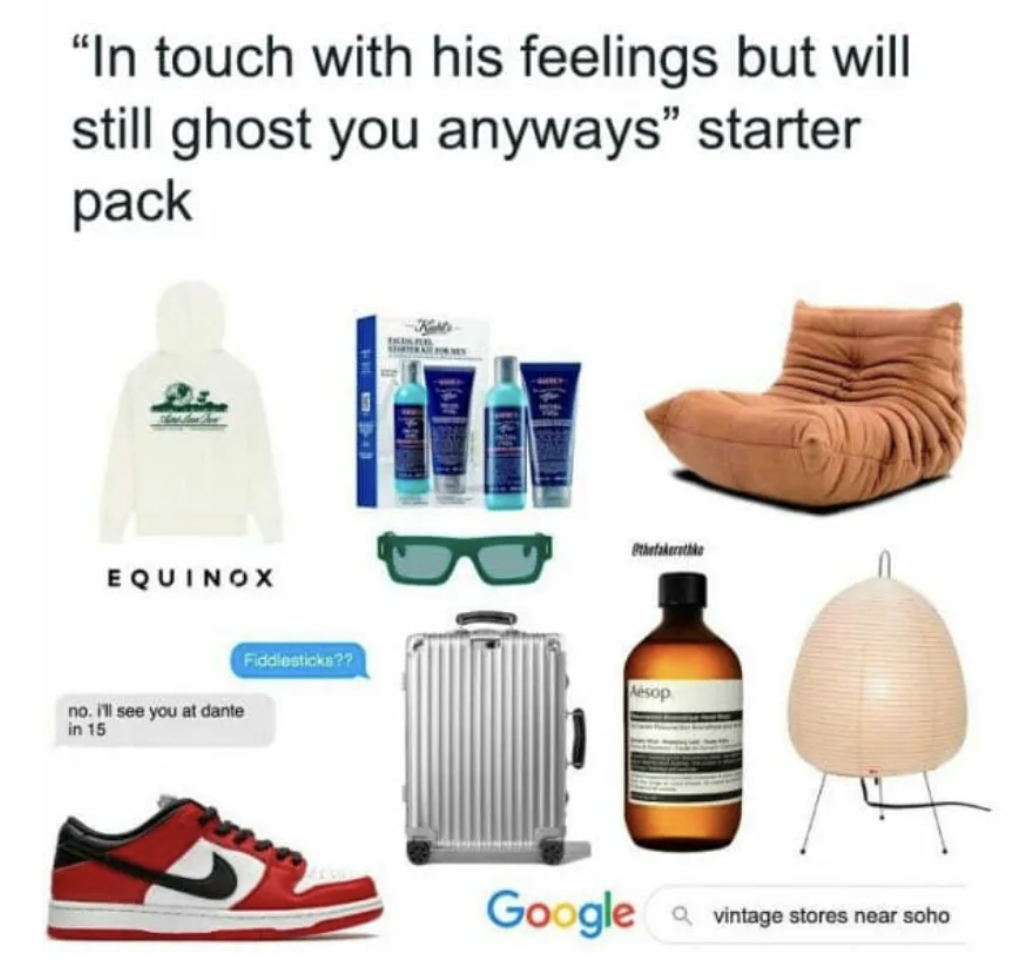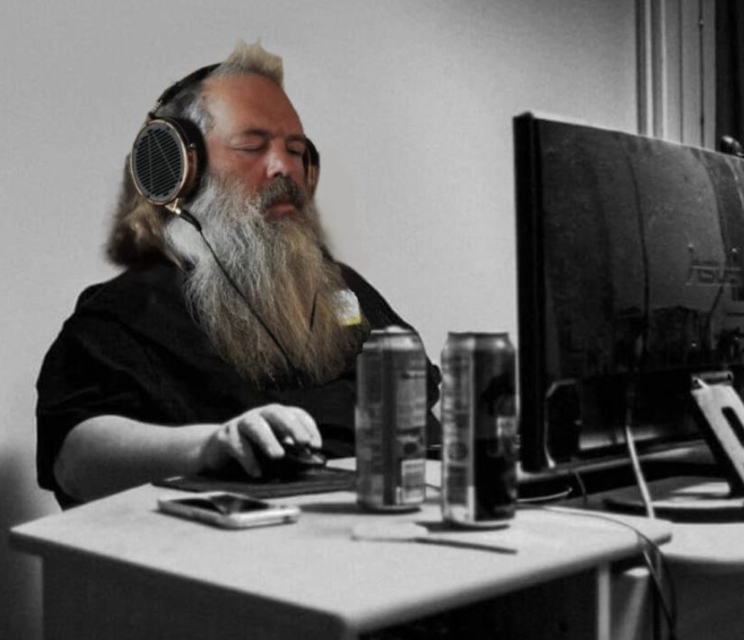Over the course of the pandemic, businesses have grappled with serious talent tumult. Not only did many have to lay off workers because of COVID-related closures, but many have also navigated the Great Resignation and subsequently sluggish hiring.
But there have been bright spots too, particularly when it comes to entrepreneurship. Last year, we saw more than 5.4 million new business applications, a 20% increase from 2020, and the highest number to date.
Perhaps even more exciting is that Black women are playing a massive role in driving this microbusiness boom. Women, in general, have started 57% of businesses since March 2020, compared to 48% prior to the pandemic. But Black women, in particular, are really shaking things up. Of the businesses that popped up during 2020, more than 17% were founded by Black women, compared to just 10% of white women and 15% of white men.
This makes them more likely than any other cohort to become entrepreneurs.
To celebrate the growing Black female entrepreneur sector, we’ve collected stories from four Black women around the country who quit their jobs and launched their own businesses at the height of the pandemic. In addition to sharing their success, they’re opening up about the hurdles they’ve faced, how they plan to grow, and why they’ll never go back to working for someone else again.
Below are Black women entrepreneur stories from:
- Ashley Walker, Founder of Smoothie Me Please
- Michelle Youngblood, Founder of Brooklyn & Blake
- Angela Muhwezi-Hall, Founder of QuickHire
- Stephanie Aris, Founder of Helping Hands for Tranquility
Black Women Entrepreneurs: Ashley Walker Is Revitalizing Healthy Food in Her Community

Ashley Walker was working as a speech pathologist in Riviera Beach, Florida and running a catering business on the side when the pandemic struck. In early 2020, she had been tapped to be one of 35 Florida business owners catering an official Super Bowl event in Miami, and she was toying with the idea of expanding her side hustle into a storefront that sold smoothies, fruit popsicles, and other health-conscious foods. Then COVID hit, and her plans had to change.
But Walker wouldn’t be held back. She applied for and received a local community development grant to launch her smoothie business, Smoothie Me Please, leaving her full-time job behind.
Despite launching during a pandemic, Walker said she had the wind at her back. “I had a health food product, and everyone was trying to eat healthy and do things that were better for their immune system. We’re also a walk up window with quick, fast service.”

Still, starting a new business wasn’t easy. Due to increasing product costs, she had to raise prices early. She also had to adjust her hiring process in a tight labor market. “We had to go back to the drawing board and increase our hourly wage. We also put some things in the onboarding and hiring package that were a little more attractive, and so far we’ve been able to retain five great employees,” she said.
Since launching Smoothie Me Please in January 2021, the company has earned more than $250,000 in annual revenue and expanded into additional product lines, including grab-and-go meal prep. Walker plans to expand to new locations in lower-income communities and open a food truck. As a Riviera Beach native, her goal isn’t just growth. “I’m dedicated to giving the community an option for healthier food choices,” she said.
Black Women Entrepreneurs: Michelle Youngblood Launches Leading Upscale Kids Clothing Brand

Michelle Youngblood knew she wanted to launch her own fashion line for children after decades of working at larger companies in corporate design roles. But she didn’t expect to go all in quite so quickly on her upscale children’s clothing line, Brooklynn & Blake. That is, until she found out in the spring of 2020 that the Georgia branch of the company where she worked was shutting down due to the pandemic.
“I would have done this anyway, but I would have had the security blanket of my corporate job with a very good salary,” said Youngblood. “By not having that salary, it made me go harder for myself than I would have sitting in an office.”
Though it took Youngblood almost a week to notch her first sale, by 2021, demand had grown enough for her to expand into boy’s clothing in addition to her girl’s line. “I get so many requests from moms that had a hard time finding boys' items that didn’t have little dinosaurs all over them,” she said. She markets Brooklynn & Blake primarily through Instagram, where customers can easily see the company’s urban chic aesthetic, and sells her designs through a Shopify-powered website.

Despite the hurdles of launching during a pandemic—she couldn’t do pop-up events or fashion shows like she wanted—Youngblood said she can’t see herself ever returning to corporate life.
“I’m never going back to a corporate job. Never. Entrepreneurship gives people the opportunity to be creative, versus sitting in an office.”
Black Women Founders: Sisters Transforming Hiring in the Service Industry
While corporate workers have multiple tools to find job opportunities and career advice, there are far fewer platforms for service industry workers to do the same. That was something Angela Muhwezi-Hall had noticed while working as a career advisor at the University of Southern California.
Though Muhwezi-Hall and her sister, Deborah Gibney, had been tossing around the idea of launching a platform for service industry jobs for years, it was only when the pandemic began that they realized the moment to do so was now. “We saw that millions of people lost their jobs and had to re-skill. And at the same time, there was a spotlight on service workers that was not there before,” they said.
The pair bootstrapped the initial version of QuickHire, a career discovery platform for the service industry, and launched a beta in the fall of 2020. At the same time, Muhwezi-Hall quit her job, cashed out her 401k, and moved back to Wichita, Kansas with her husband, opting to live in Gibney’s basement while the sisters built QuickHire.

To onboard both job seekers and businesses, they attended job fairs, reached out to schools, and went door-to-door to businesses with hiring signs. In less than a year, they grew QuickHire to a platform with more than 20,000 job seekers, and almost 100 brands, including Hobby Lobby, Five Guys, and Homewood Suites by Hilton.
In 2021, QuickHire was accepted into the Techstars accelerator in Iowa, and raised $1.4 million shortly thereafter. The company’s revenue has grown to over six figures, and the pair are working on expanding QuickHire past the Midwestern market. “We want to be able to help this workforce that we feel has been largely neglected, all while building tools they can access from anywhere, including their phone,” they said.
Taking a Breath of Fresh Air After Working on the Frontlines
It was after a particularly grueling shift working as an ICU nurse in Connecticut during the first wave of the pandemic that Stephanie Aris realized the perfect first scent for her upcoming line of candles. “I came out of the hospital, ripped my mask off, took that first breath of fresh air, and thought ‘I should make this into a candle,’” said Aris.
Aris had been pouring candles during the pandemic as a way to destress. But she eventually saw an opportunity to turn her hobby into a business. She initially launched Helping Hands for Tranquility as a side hustle, appearing at pop-up markets despite a busy schedule of work and ferrying her sons to basketball games.
But after the second wave of COVID, Aris saw her patient volume double and triple. Burnt out, she decided to commit herself to Helping Hands full-time. She built a candle making studio in her basement and began distributing candles and soaps to local businesses. She also listed Helping Hands on two wholesale marketplaces, Faire and Abound, which expanded her reach. Stores across the country now carry her candles, and she’s brought on part-time employees to run multiple pop-ups throughout the week.
Though she hopes to grow into a brick-and-mortar business, she says the potential impact of her business extends beyond her uniquely-scented product. By sharing her story, Aris is furthering her mission to inspire others to be entrepreneurs, too. “We were taught school, career, retirement, but we were never told school, and then create your own wealth. We’re all learning as we go,” she said.
Black Women Entrepreneurs: Aisha “Pinky” Cole Makes Delicious, Accessible, Slutty Vegan Food
Last July, we caught up with the team at Slutty Vegan to highlight how Pinky Cole created one of the most buzz-worthy and fastest growing restaurant brands in the country. Her mission: Build community in historically Black neighborhoods where traditionally, healthy vegan food options are scarce. While her venture started in 2018, her success skyrocketed during the pandemic thanks to a couple pivots she made to her business, including:
- Replacing seating areas into retail spaces to diversify revenue streams
- Using technology to make data informed decision to scale their operations
This year, Slutty Vegan opened up four brick-and-mortar locations across Atlanta and more locations are slated in Georgia, Alabama, and Maryland.
Additional reading:






